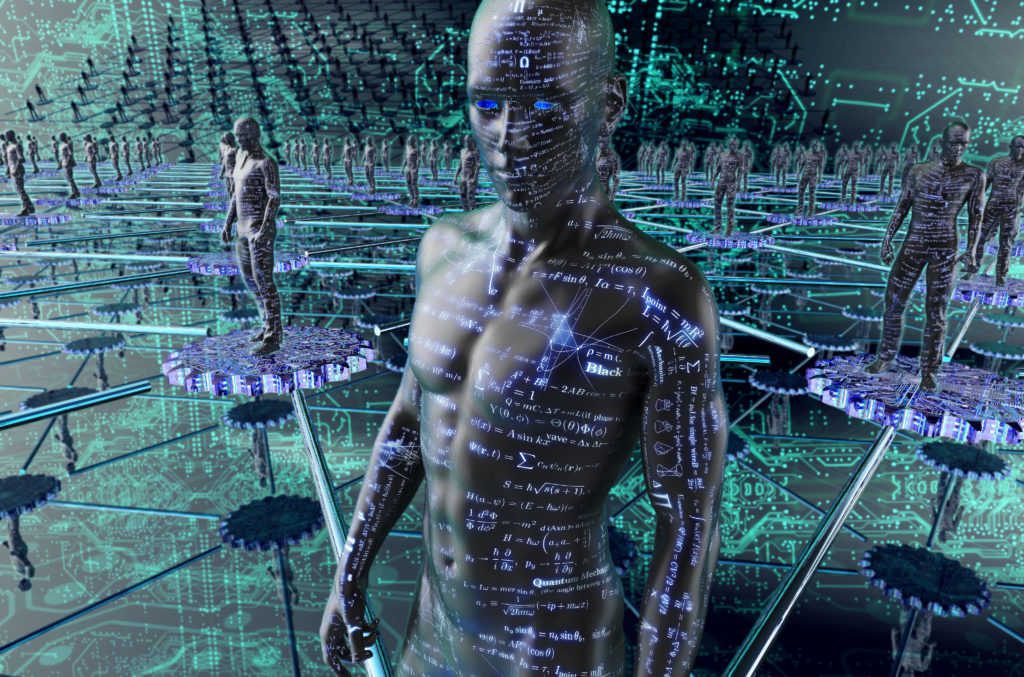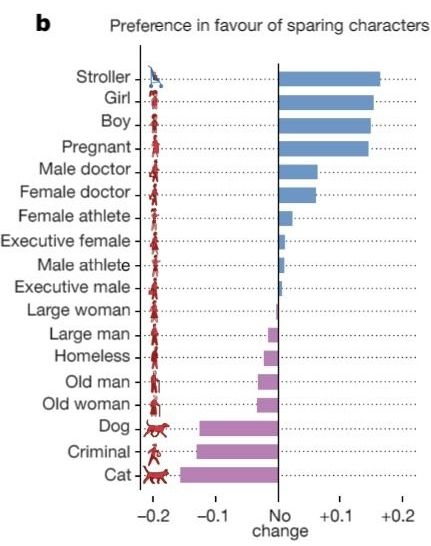Not sure if this is real or still vaporware yet. But it IS inevitable. It’s not a matter of “if”, but “when”. And we’re most likely not going to be able to regulate it much, either. If an embryo or fetus is not a human, then parents have the right to do anything they want to it. You might think that this is going to result in eugenics, like erasing melanin genes and starting a race against the fictitious “white genocide”. You’re right. But if you think that’s as bad as it’ll get, think more creatively. What happens when poor parents get paid to implant “willing servility” genes into their unborn children, in order to pay bills. The future is now. Cyborgs will not destroy humanity, but humanity itself might. What kinds of rights can be written into law to prevent this kind of extortion, that won’t also grant fetal personhood and end up derailing abortion rights? It’s going to be a bumpy ride, folks, buckle up!
A Chinese researcher claims he helped make the world’s first genetically edited babies — twin girls born this month, and with DNA he says he altered with a powerful new tool capable of rewriting the very blueprint of life.
If true, it would be a profound leap of science and ethics.
A U.S. scientist said he took part in the work in China, but this kind of gene editing is banned in the United States because the DNA changes can pass to future generations and risks harming other genes.







